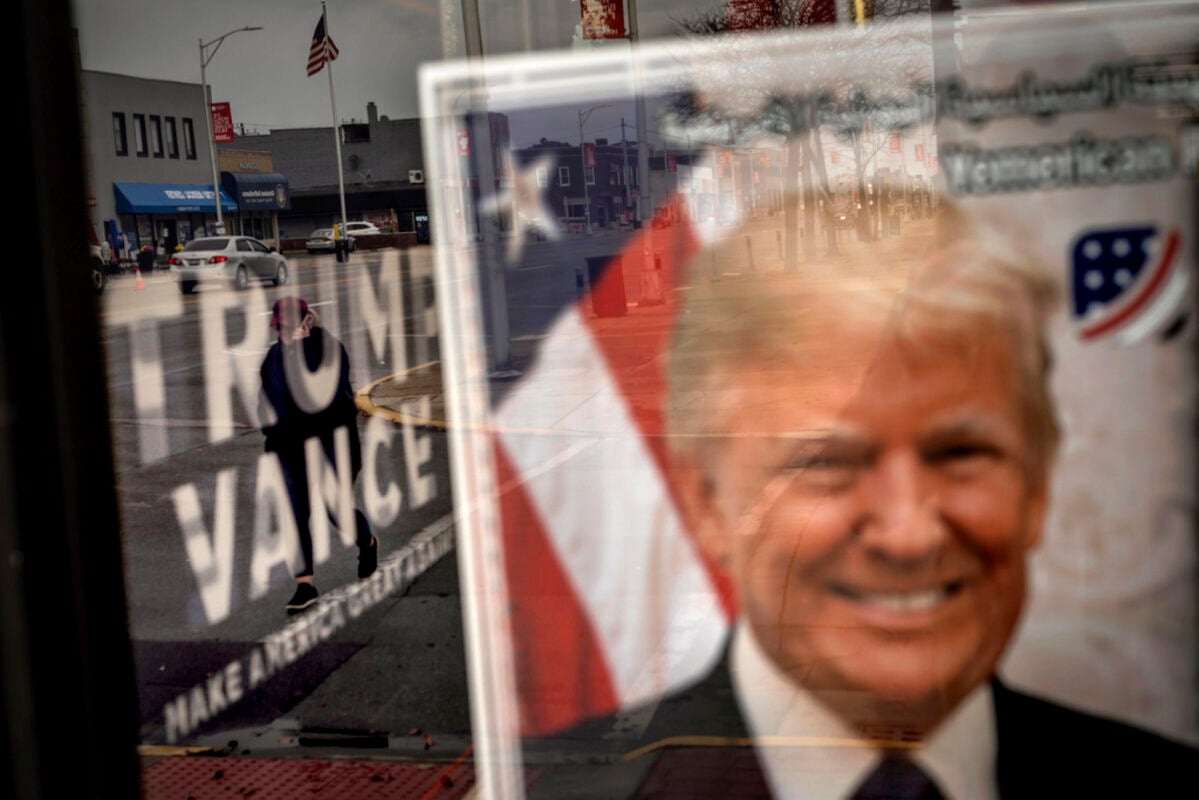Thai businesses urged to monitor US trade policy under Trump

The Thai Wholesale and Retail Trade Association advises local businesses to closely watch global trade dynamics and the international economy in light of Donald Trump’s recent return to the White House. This call to attention comes amid concerns about potential shifts in US trade policy that could have far-reaching impacts.
Somchai Pornrattanacharoen, serving as an honorary advisor to the association, reassured that Thailand’s trade policies remain harmonious with the US despite the country’s existing trade surplus with America.
Trump has made headlines with his commitment to significantly hike tariffs on imports, proposing increases of up to 60% on Chinese goods and 20% on products from other nations. He went as far as to suggest a 200% levy on certain imported vehicles.
The association maintains a positive outlook, stating that Thailand’s wholesale and retail exports are unlikely to be impacted by these protectionist strategies. Currently, the main exports to the US are cars, auto parts, and agricultural products, rather than retail and wholesale goods.
In 2023, the United States ranked as Thailand’s second-largest trading partner, following China, with bilateral trade valued at US$68.3 billion (approximately 2.3 trillion baht).
Thailand holds a trade surplus of US$29.4 billion with the United States, necessitating the need for a watchful eye over the trade policy between the US and other countries, remarked Somchai.
He urged the Thai government to stay alert to the evolving trade policies under the new US administration, particularly concerning American investments and potential shifts in production locations.
Somchai anticipates that US manufacturers of consumer goods, who have already established operations in Thailand, may opt to retain their production due to the region’s competitive labour costs.
He further suggested that should the US impose trade barriers on any nation, the Thai government must determine if brands from those countries have set up manufacturing bases in Thailand, as this could lead to increased scrutiny of Thai exports by the US.
To strengthen Thailand’s economic position, Somchai encouraged the government to attract more foreign investment, recommending a review of current investment incentives. He pointed out the strategic geographic benefits of using Thailand as a production hub.
“The investment must benefit Thailand, such as transfer of skills and know-how to Thai workers.”
He concluded that the Thai government should carefully evaluate the trade policies of its partners to identify mutually advantageous solutions, while still ensuring that Thailand’s interests remain a priority, reported Bangkok Post.
Latest Thailand News
Follow The Thaiger on Google News:


























